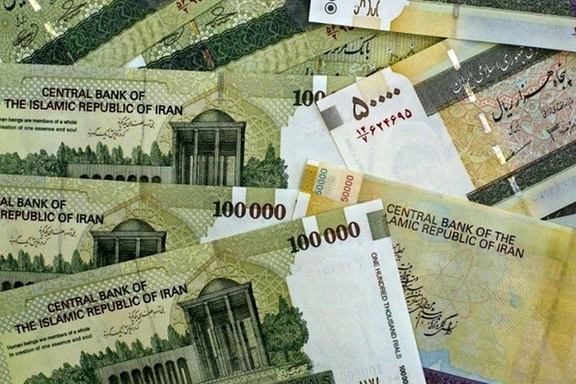Iran introduces tax on inflation-driven asset gains

Iran has introduced a new law making inflation partly taxable, a move that critics say effectively charges citizens twice amid the country’s economic crisis.

Iran has introduced a new law making inflation partly taxable, a move that critics say effectively charges citizens twice amid the country’s economic crisis.
President Masoud Pezeshkian formally signed the tax bill on Friday, passed by parliament in late June.
, vehicles, gold, jewelry, silver, platinum, foreign currency, and even cryptocurrencies.
“For properties held between two and five years, 50 percent of inflation is considered,” said Mehdi Movahedi Beknazar, spokesperson for Iran’s Tax Administration in July. “If the property is held for more than five years, full inflation adjustment is applied.”
In effect, tax will be levied on the profit plus 50 percent of the increase in asset prices due to inflation.
For example, if a citizen buys an apartment in 2024 for 50 billion rials (about $55,500) and, due to 40 percent inflation, its value rises to 80 billion rials (about $88,800) in 2025, the 30 billion rial increase (about $33,300) is treated as profit, and therefore is taxable.
Iran’s year-on-year inflation rate rose to 41.2% last month, marking the highest level in two years, according to Iran's Statistical Center.
The Ministry of Economy has been tasked with creating a smart system that links to registries of deeds, the stock exchange, customs and the Central Bank to identify transactions subject to the law.
A first-of-its-kind approach
State media have praised the law for “taking inflation into account,” framing it as a tool against hoarding in a country where inflation often exceeds 40 percent.
Under the 28-article law, assets sold within a year will be taxed at 20–40 percent, with lower rates applying to longer holding periods. Exemptions include primary homes, one family car, and production-related properties such as farms and factories.
Penalties for evasion include blocked property transfers, bans on commercial activity, and fines of up to twice the tax owed.
Global benchmarks
Most nations impose capital gains taxes, but none explicitly tax inflation in the same way.
The United States taxes nominal gains without inflation adjustment. Britain used to allow inflation indexation until 1998 but abolished it. Chile and Brazil adjust long-term gains for inflation, while Australia offers a 50-percent discount for assets held over a year.
Authorities argue the law will curb speculative activity in housing, cars, and gold sectors, where prices have soared and wealthier Iranians often shelter assets.